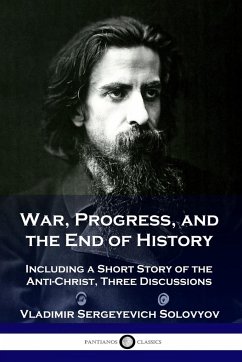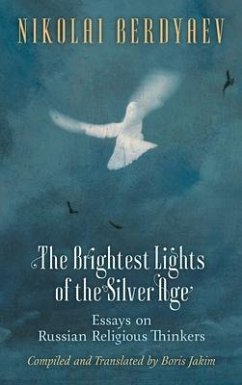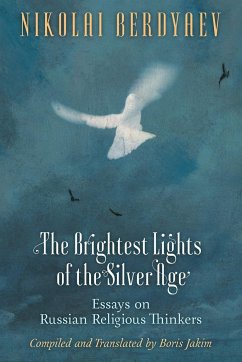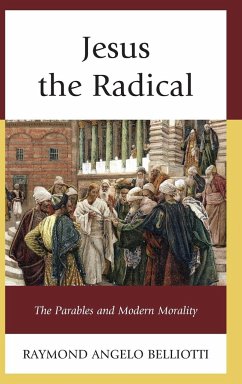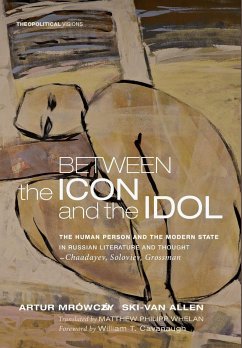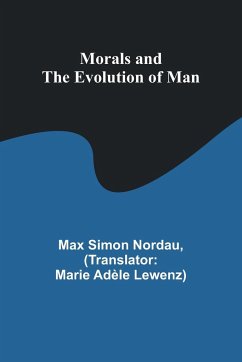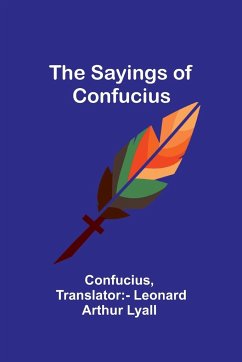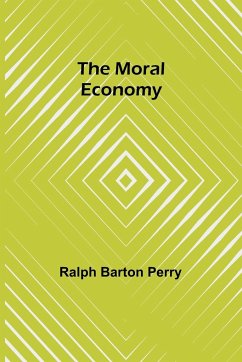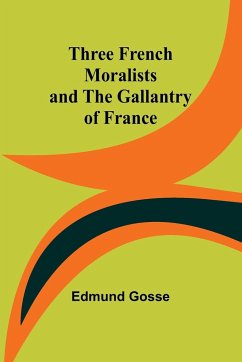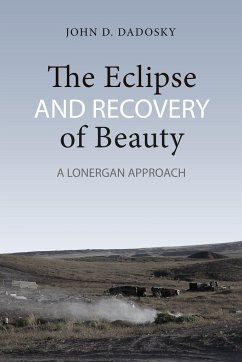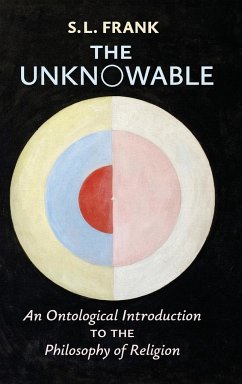
The Unknowable
An Ontological Introduction to the Philosophy of Religion

PAYBACK Punkte
17 °P sammeln!
The Unknowable is arguably the greatest Russian philosophical work of the twentieth century. In its density and profundity it is comparable to Pavel Florensky’s The Pillar and Ground of the Truth and Sergius Bulgakov’s The Bride of the Lamb. In 1937 Frank described The Unknowable as "the best and most profound thing which I have so far written." The Unknowable was the culmination of Frank’s intellectual and spiritual development, the boldest and most imaginative of all his writings, containing a synthesis of epistemology, ontology, social philosophy, religious philosophy, and personal sp...
The Unknowable is arguably the greatest Russian philosophical work of the twentieth century. In its density and profundity it is comparable to Pavel Florensky’s The Pillar and Ground of the Truth and Sergius Bulgakov’s The Bride of the Lamb. In 1937 Frank described The Unknowable as "the best and most profound thing which I have so far written." The Unknowable was the culmination of Frank’s intellectual and spiritual development, the boldest and most imaginative of all his writings, containing a synthesis of epistemology, ontology, social philosophy, religious philosophy, and personal spiritual experience: the soul transcends outward to knowledge of other souls, thereby gaining knowledge of itself, becoming itself for the first time; and the soul transcends inward to gain knowledge of God, acquiring for the first time stable, certain being in this knowledge.





